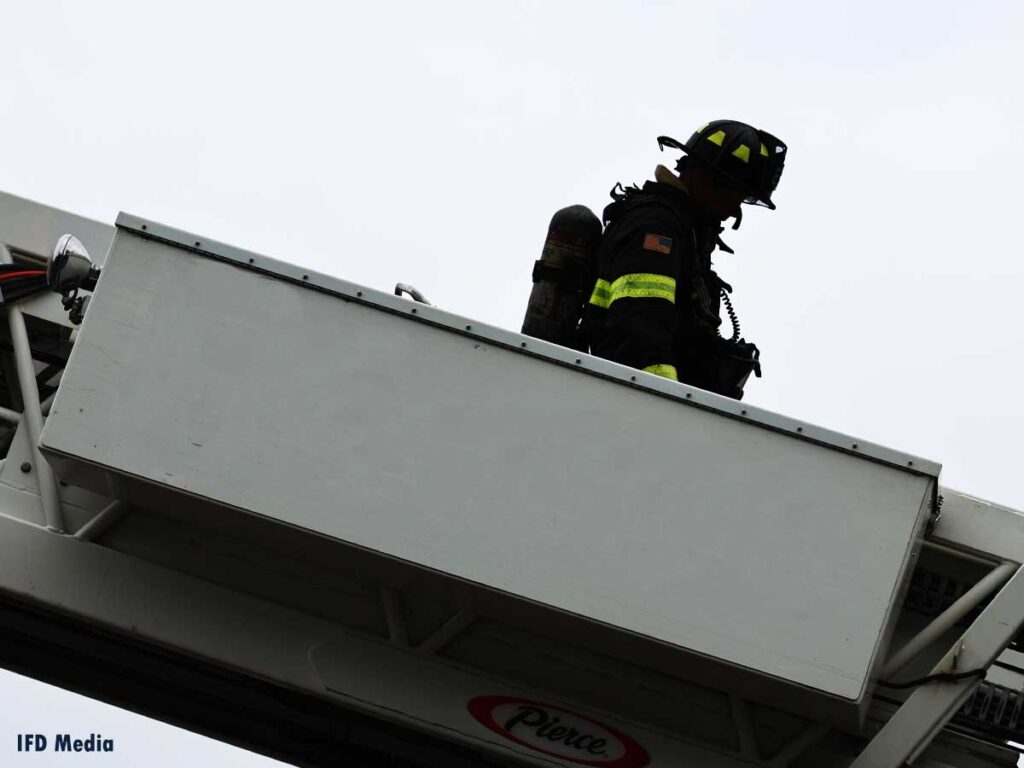
By Corley Moore
Would a leader in the fire service actively sabotage those people they are responsible for? Would a fire chief inflict harm and set their people up for failure? In most organizations, the answer would be a resounding ‘No!’ Although there are firefighters who may feel at times like their administration is out to get them, this is usually the exception, not the rule. Most fire chiefs and administrators want what is best for their organization; it is safe to say that most bosses are not actively seeking to do harm. Just because those people who are in charge have good intentions, however, does not mean that their actions won’t have a massive negative impact on their organizations.
- The Dichotomy of Minimum Standards
- What Is an Expectation? A Company Officer’s Guide
- Expectations and Leadership
- Bruno: Expectations and Boundaries
The subconscious, the unintentional, the accidental…no matter what label you put on the action, it does not give a reprieve for the consequences. There are ramifications when leaders act without thinking. The unintentional damage done by thoughtless action can be the most damaging of all. Most leaders would never do this on purpose; it would never be their intention to damage the level of trust in the organization. So why does it happen so often? Why do so many people in positions of authority make decisions that destroy that most important commodity?
To understand why it occurs so frequently is not a great mystery. It really boils down to one simple element. It is something we can painfully and plainly see in others, but one that is so hard to see when we look in the mirror—namely, lack of humility.
Humility is a key component for those in a leadership position, and yet it is rare to see leaders who exhibit that trait. When the person who is in charge lacks humility, the ego can really become a problem. Humility is the ingredient that is necessary for a leader to remain confident and avoid the trap of arrogance. It is the antidote for the poison that is power. Humility is what allows a person to be wrong and to admit when things are going wrong. Without humility you cannot admit fault, and when you cannot admit fault, it is hard to grow. You cannot fix something if you can’t admit there is a problem! Self-deception is a powerful force in this world, and it is the number one problem that leaders struggle to overcome.
There is a well-documented psychological phenomenon known as the Pygmalion effect. Researchers Robert Rosenthal and Lenore Jacobson documented this effect in classroom studies in the 1960s. In their studies they would label certain children as gifted. Then, without letting the children know, they would inform the teachers that the kids were gifted. Even though there was no evidence that the labeled children were special, smarter or in any way better off, the children labeled as “gifted” had a marked improvement in performance. This Pygmalion effect—the belief that the children were gifted—impacted and changed the subconscious belief and the interaction of the teachers with the students. Higher expectations, along with other subconscious behaviors, led to higher performance!
There is also the opposite of this Pygmalion effect, known as the Golem effect, which is a psychological process in which lower expectations placed on individuals leads to a performance decline. There has been much less research done on this Golem effect, because of the harshness of measuring encouraged negativity. (There is a lot of long-term harm done when researchers actively work to encourage and measure poor performance.) I would suggest that this Golem effect, however, is prevalent throughout the fire-service, especially from administrators and chiefs who would never intend to harm their organizations, but do so anyway by setting low expectations.
My questions to anyone who is in charge— anyone who is responsible for a crew, a battalion, a shift, or a department:
- What is the expectation that you are communicating to those whom you are responsible for?
- Are you setting them up for success?
- Are you empowering them with your subconscious expectations?
- Do you expect them to be awesome?
- Are you crippling them with lowered expectations?
- Are you unintentionally hampering their growth with the Golem effect?
I hope these questions will challenge everyone who reads this article. I hope that when you read this you will introspectively look at yourself and examine the expectations you have for your organization. The expectations you hold for your people, whether intentionally or subconsciously, have a huge impact on the decisions you make.
With every decision that a leader makes there are consequences. Over time, those consequences grow exponentially, compounding and building on themselves. What can be thought of as just a minor adjustment or decision can have a long-term and lasting impact on an organization. Leaders can find themselves lost in a wasteland of toxicity within their organization and have no idea how they ended up there. Every policy that is hung on the board, every standard operating guideline that is written and released, every memo that is passed out—they all have consequences. I believe that a leader can be intentional in setting high expectations for their people, and in so doing can avoid inflicting the Golem effect. Are you being deliberate in the choices you make and expectations you set? Are you setting your people up for failure? For success?
Do you have the humility to recognize the difference?
Corley Moore is a battalion chief with the Moore (OK) Fire Department and has 25 years in the fire service. He is the founder of Firehouse Vigilance and host of the Weekly Scrap podcast.

